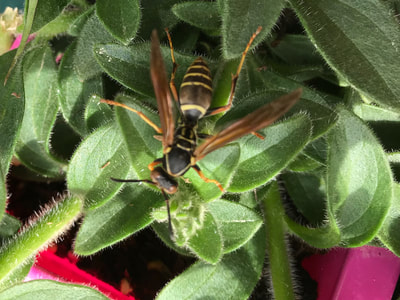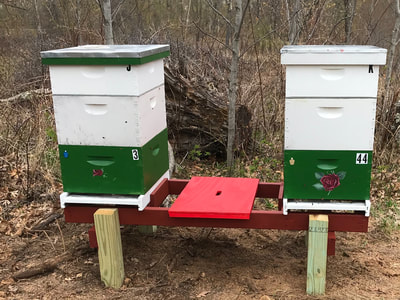|
by: Kay D. Childs, North Country Master Gardener Volunteer Listen...Close your eyes and listen to Spring! Since April, our weather has been a bit abnormal with measurable snowfalls and extreme temperature fluctuations. With yet another lesson in patience learned, however, spring is now in full swing, albeit it is mid-May. While Mother Nature still has more shades of green than Crayola, the sounds of Spring are just as provocative and alluring. I have several favorites to share with you...Last evening at dusk driving by a wetland, the peepers were deafening...the high-pitched chirping chattery noises, created by these very small brown frogs, practically drown out the car radio. And an early morning attention getter is the first call of the loon on Golden Pond, an official signal the maestro was ready for the daily symphony to begin. Soon thereafter the sandhill cranes were soaring overhead in search of the perfect nesting shoreline, sending their screeching, snorting, bugling calls over the airwaves. The geese, not to be outdone, are patrolling the shoreline as well, honking boisterously challenging any approaching waddling, quacking ducks looking for a territory to call home. And now a first...more music to my ears...some new “hummers” in my backyard. On May 10th, two hives arrived housing hundreds of Carniolan and Hawaiian honeybees. Besides always a warm welcome for the native bees attracted to the Gardens on Golden Pond, these colonies are a new experiment installation. I am filled with much anticipation as I hope the queen, drones and worker bees will be, to begin their tasks, gathering the nectar and scattering the pollen about the many gardens hither and yon. The beautiful dense sound of these buzzing bees is created by the very fast vibration of their wing membranes. As one approaches the hives, the hum intensifies - these gentle honey producers appear to be settling into the new neighborhood nicely. Research also disclosed in the heat of the summer, their wings beat even faster, as it is essential to manage their “air conditioned” colony.
All of these creatures mentioned above along with many others, are essential for the balance and survival of our planet. Over 50 years ago, Rachel Carson’s fable, Silent Spring, was published. The September,1962 publication, produced an outcry to ban pesticides, with DDT or other chemicals or pathogens, and was considered to be the ultimate environmental text that “changed the world” and recognized Ms. Carson as a relevant “witness for nature.” Today, we have seen another global movement to “save the bees.” Once again, the warning has been sounded by melittologists and entomologists that the 20,000 species of bees—including the bumblebees, native bees and honey bees—are being greatly subjected to harmful pesticides, diseases, and environment along with climate changes and thus, may be in jeopardy for their survival. Without pollinators, our planet cannot survive! Noteworthy Statistic - It is estimated 30% of the world crops and 90% of wild plants need an insect like a BEE to thrive. Get on board the “Save the Pollinators” global effort to increase awareness of current concerns and take measurable steps to ensure the bee population remains in abundance as follows:
PLACES WHERE POLLINATORS ARE SAFE AND CAN FIND HEALTHY FOOD, WATER AND SHELTER”
0 Comments
Leave a Reply. |
|
| North Country MGV | gARDEN bLOGS |
Location |
|


 RSS Feed
RSS Feed